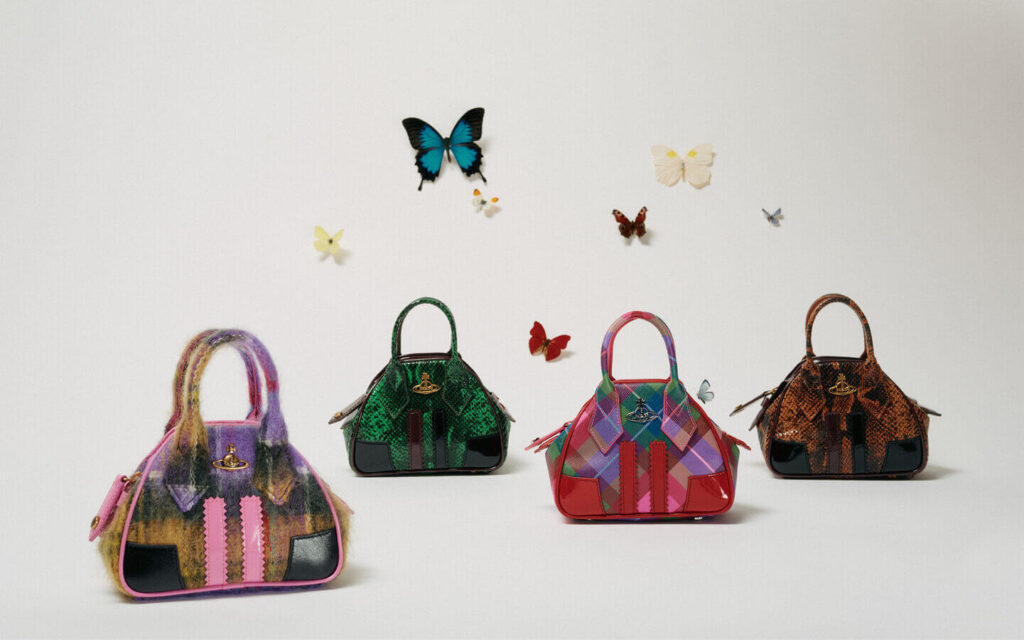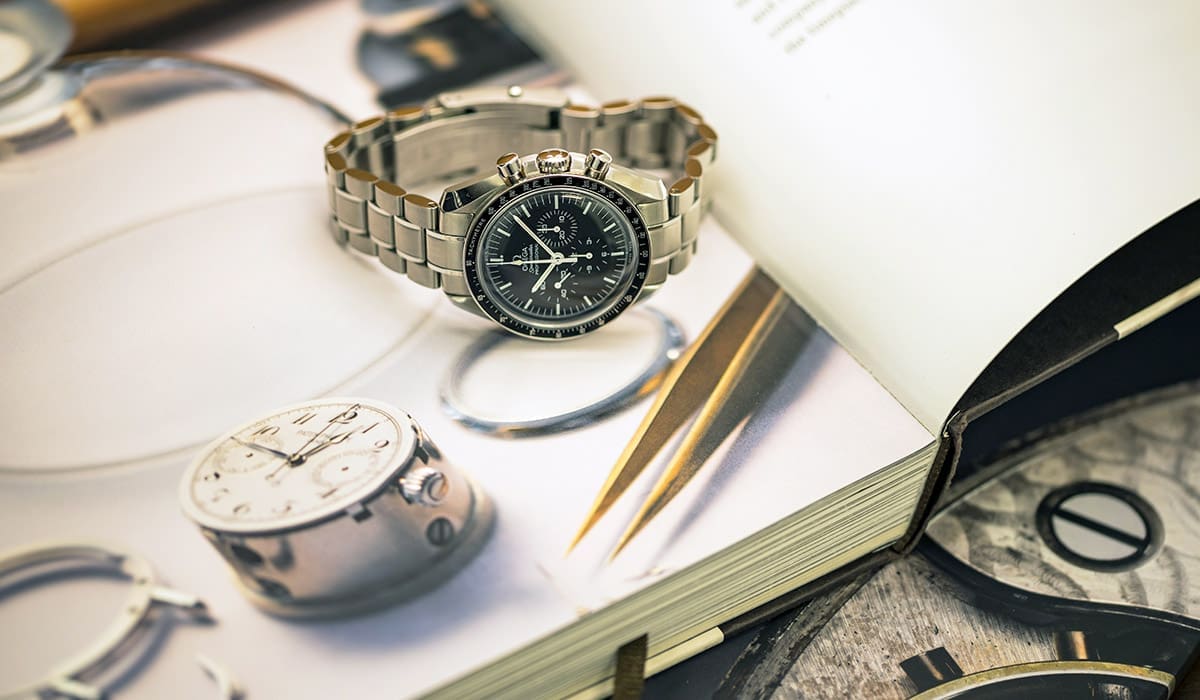AI has crept into our lives, making everything easier and more convenient. So it’s no wonder that fashion brands and retailers have begun using AI, as well.
Many companies selling fashion items offer their customers personalized styling using AI. Usually, they’re asked to take a quiz, share likes and dislikes, which styles appeal to them, and so on. Then, when they submit their answers, the AI makes its suggestions.
So, is AI styling worth using, or does it have a while to go?
How Does AI-Driven Styling Work
AI styling is mostly used for style subscription boxes. Let’s take a look at Stitch Fix, as it’s among the most well-known style subscription services that turn to AI for styling.
Stitch Fix offers to send you clothing items personalized to your style and preferences by asking you to take a style quiz and then leaving the AI to do the work. After taking the quiz, it uses the AI-collected data points to match you with the garments that best fit you.
In the image below, you can see some of the questions asked in the Style Quiz. It asks for your measurements and spending habits, among other things, then starts to show you an array of different outfits. You see completed looks and get asked to mark whether they match your style. You can thumbs up the entire outfit or pieces of it.
After the process ends, Stitch Fix proclaims it knows what your “vibe” is and proceeds to offer the best styling for you. It can match you with a personal stylist, who uses the AI algorithm findings of your “vibes” and shows you items that will work for you.
That’s roughly how most fashion subscription boxes use AI to style you by accounting for your personal preferences, effort levels, financial ability, and so on.
The Pros of Using AI for Styling
AI simply doesn’t share the same constrictions as a personal human stylist. The AI can sift through millions upon millions of different clothing options to find the right ones that match their client. Out of those millions of items, they can select 50 and present them to the one they’re styling.
A human stylist doesn’t have the capacity to go through so many items. They’re constricted to their physical environment, whether in-store or shopping for clothing online. They’re still no match for the AI.
No matter how many filters you tick to narrow down your online searches, it still takes a long while to go through what’s left and determine whether the available items even work for your client’s style. The AI does that within minutes, if not seconds.
Even if only two pieces are selected from the 50 AI recommendations, it’s no issue for the AI to scour the internet with the refined parameters for their search.
Another benefit to AI styling is how it levels the fashion styling playing field. Hiring a personal stylist is not something many people can afford. It remains a commodity reserved for the rich to get someone to shop for them or with them.
With AI, you don’t need to pay to get stylistic recommendations that match your style. You only need to take a style quiz on a website. Given that most such surveys try to tailor their suggestions as much as possible, they tend to also ask about financial ability and sizing, apart from only style preferences. That ensures that whatever you get styled with will match more than your vibe but also your wallet and body.
What’s the use of getting styled with a couture gown made for a size two body that costs five months’ salary? You might like it, and it might match your style, but there’s no point in getting it as a suggestion, and the AI accounts for that.
Another huge plus is not having to deal with people. Human stylists can get offended if you continuously reject their efforts and suggestions. With an AI clothing stylist, you don’t have to care about being polite. That may not seem like such an advantage, but if you worry about offending people, especially someone attempting to help you, it is one, and it counts.
The Cons of Using AI for Styling
While it’s fantastic that you don’t have to deal with rejecting people’s recommendations and feeling bad about it, AI is no match for the human connection.
It’s an entirely different experience to click on a screen than to see a person and connect with them, share a story or two, laugh about something nonsensical, and create a bond. You can build rapport with another human being, making it easier to see eye to eye.
It changes the entire experience into something pleasant and fun, whereas with AI, it’s not so much an experience as it is just pressing a few buttons on a screen.
Also, AI cannot replace stylists. At least, not entirely, which is why most companies put them in tandem. A human stylist can predict or set trends, whereas an AI can only follow what’s already established as fashionable online.
If you want to wear the latest trendy items, an AI will only go as far as to show you the current trends. Predicting what’s to follow by observing various fashion weeks, what the trendsetter individuals wear, and so on is something that AI is still unable to do.
However, it has improved on that front, as a recent experiment at London Fashion Week 2019 showed. Fashionable people had a hard time distinguishing between people-chosen outfits and AI ones. So, AI is learning and bettering its fashion-forward algorithms.
If your style is highly individualized, fashion-forward, and banks on creativity, you might not get exactly what you want from an AI styling. If you are not gender-normative or are non-binary, AI styling might not be for you, either. Most style quizzes that help AI get a feel for your style are heavily gendered, so if you’re a man, you won’t get shown skirts, for example, though you can answer questions that suit your identity.
If you imagine a scale where “fashionable” is in the middle and “trendsetter” at the front, AI stylings tend to hover comfortably in the middle. As stated, it’s learning and improving, but as of now, you can likely do better without it.
The Expansion of AI Is Inevitable, but Do We Need It in Fashion?
AI will undoubtedly grow to become an even larger part of daily life than it is now. But is it necessary and useful when it comes to fashion?
Fashion is about self-expression, and it can be an excellent outlet for creativity and showing the world who you are. AI may not be as useful in helping you achieve that individuality and creative expression as a human stylist can be, but what about two months from now? Or a year?
Though it has significant drawbacks, it remains helpful nonetheless. Some aspects of AI styling are found lacking, but the algorithms are getting better and better. And, even now, the positives outweigh the negatives.
It’s always bittersweet knowing that technology can take over people’s jobs, but progress persists, and we can only accept what the future brings.
Read Next
About The Author






More Stories
Top 10 Cakes Ideas that you must try out – Designs for life
Whites’s IGA officially unveils sixth store at Forest Glen Village Centre
Labor and Material Cost Increases: Planning for your Small Business in 2022